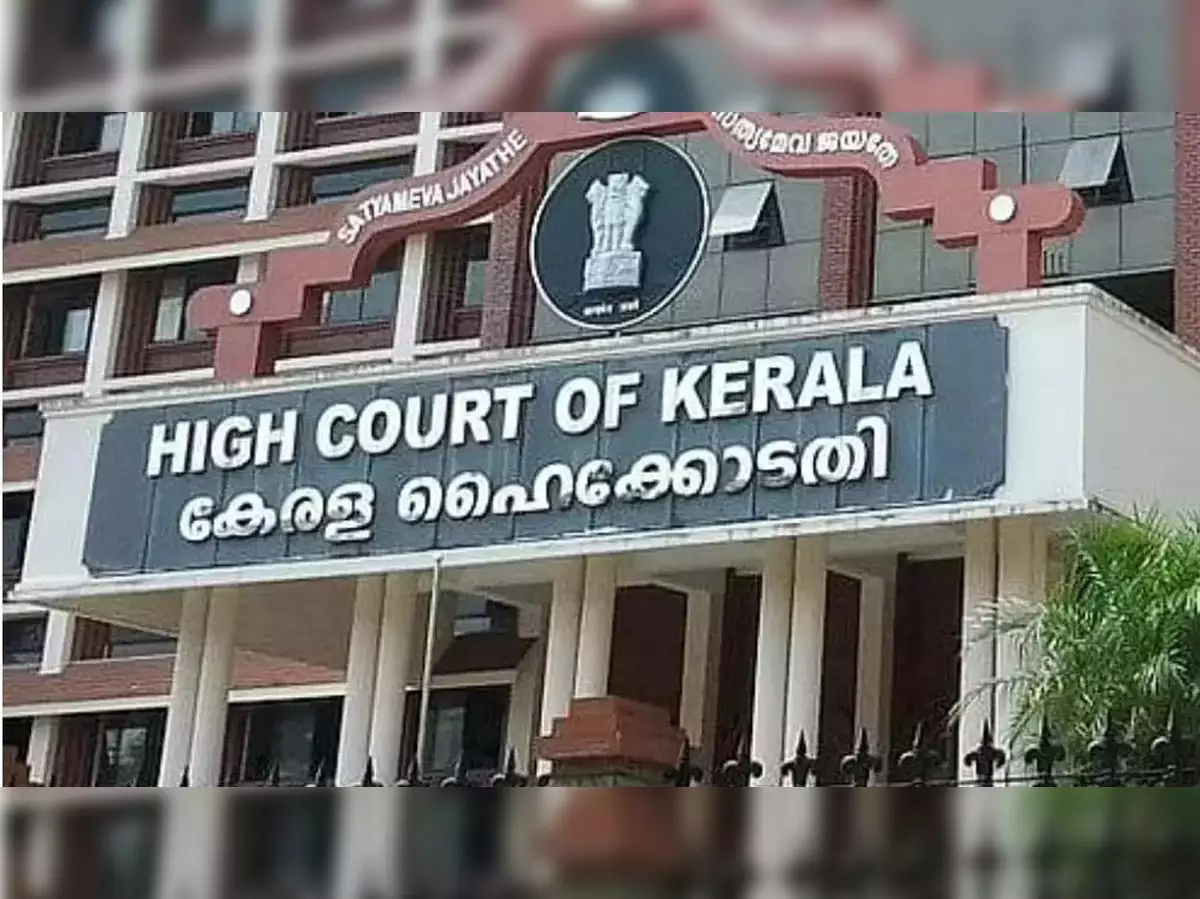-
by sayum
14 February 2026 2:22 PM



High Court mandates continued attachment until clear rectification of property records.
The Kerala High Court, presided by Justice G. Girish, has set aside the orders of the Sub Court, Karunagappally, which had lifted a conditional attachment based on immovable property offered as security. The judgment, dated July 15, 2024, emphasized the necessity of sufficient and reliable security for satisfying potential decrees, particularly when discrepancies in land records exist.
Asha, the plaintiff, had advanced Rs. 31,68,000 to the first defendant, Syamkumar, for purchasing a house, which was allegedly sold to third parties in violation of their agreement. Consequently, Asha sought and obtained a conditional attachment on the defendant’s property to secure her claim. The first defendant subsequently offered another property as security, leading to the contested orders of the Sub Court, Karunagappally, accepting this substituti
The High Court observed significant issues with the security offered, namely the C schedule property still listed as paddy land in revenue records. Despite the first defendant's submission of an application for correction, the current legal status remained unchanged. "The building constructed on the said property cannot be presumed to be authorized," the court remarked, indicating the speculative nature of potential regularization.
Justice Girish underscored that the property’s current classification as paddy land could undermine its value and sufficiency as security. The court highlighted, "The apprehension of the plaintiff about the insufficiency of security offered by the 1st defendant, is well-founded," stressing the need for tangible and immediate rectification before the attachment could be lifted.
The judgment hinged on ensuring that any security offered must be unequivocally sufficient to cover potential decrees. The court held, "It is not possible to say at present that the plaint C schedule property would fetch a value sufficient to satisfy a decree," reinforcing the principle that speculative future regularizations do not meet the stringent requirements for securing financial claims in legal proceedings.
Justice Girish stated, "There is no place for assumptions about the chances of the plaint C schedule property getting regularized as garden land in future," thus emphasizing the court's stance against basing legal decisions on uncertain future events.
The High Court's decision to set aside the Sub Court’s orders and continue the conditional attachment reflects a stringent approach towards ensuring sufficient security in civil suits. This judgment highlights the judiciary's commitment to upholding rigorous standards for property securities and protecting plaintiffs' interests in financial disputes. The ruling will likely influence future cases involving property as security, particularly where there are ambiguities in land records.
Date of Decision: July 15, 2024
Asha vs. Syamkumar and Another
